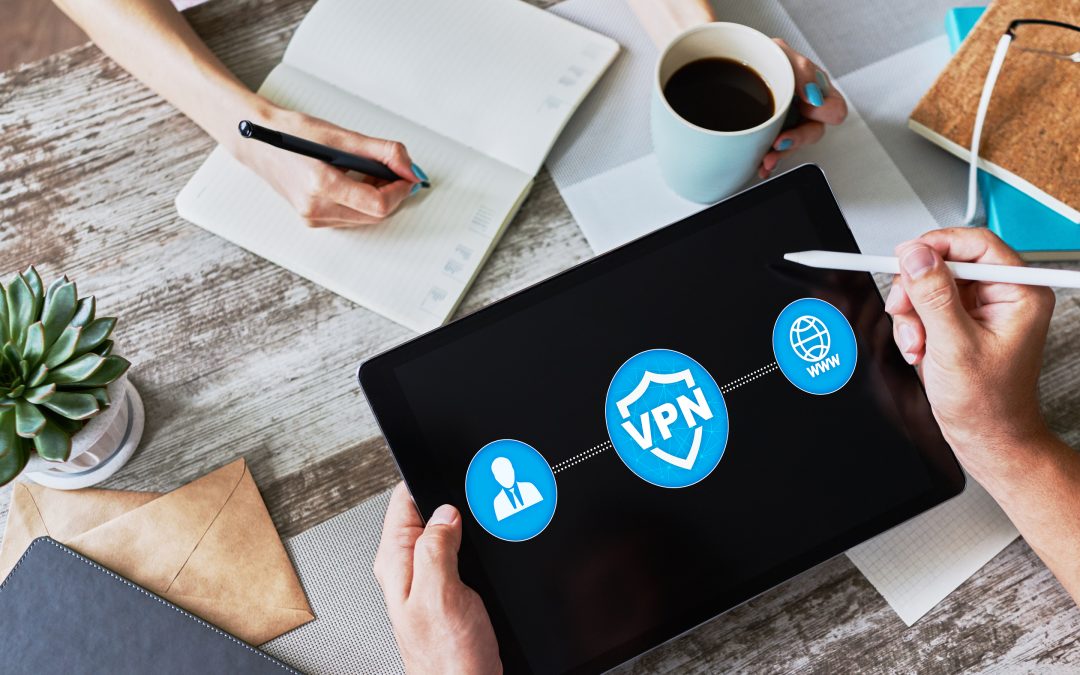While remote working was already a growing trend prior to the COVID-19 pandemic, the crisis accelerated the process. It has now forever changed the way that many businesses operate in Singapore and around the world. A survey of CFOs revealed that 74% of them intend to move at least 5% or more of their previously on-site employees to work from home permanently even once the pandemic has passed.
Employees also prefer a remote working environment. 8 in 10 Singapore employees said they wished to keep working from home post Circuit Breaker. This means that businesses have to reimage their network and connection security. Remote solutions are needed to address the fact that employee devices are outside of an office network firewall and may often be connecting through less secure Wi-Fi routers. How do you secure multiple home routers or address public Wi-Fis that employees may be used to connect to company assets? We’ve found that the most efficient way to secure those remote connections is by using a business VPN.
Keep Remote Connections Secure & Encrypted
When Circuit Breaker was put into effect, many businesses were caught off guard. They had to quickly switch to a remote workforce but were often more focused on making sure employees could get to their business apps than they were about remote security. Now that the world is settling into the new “normal,” it’s time to take a look at putting remote connection security into place to reduce your risk of a data breach or malware infection. Approximately 36% of surveyed companies said they have experienced a security incident due to a remote worker. Using a virtual private network (VPN) can help you remove the risk from unsecured connections to your business data and allow you to enjoy the flexibility of a remote workforce without worrying about breaches.
How Does a VPN Work?
A VPN adds a secure tunnel between your employee devices and the internet. Without a VPN, employees may be connecting through unsecured routers that hackers have already infiltrated. This means they could be having every keystroke monitored and data can be compromised. When an employee connects through a VPN, their connection is routed through one of the VPN’s servers before it gets to the internet. Those servers encrypt all traffic, which prevents hackers from being able to intercept that data.
How Do Employees Use a VPN?
When you sign up for a business VPN, you can add your employees to the service. They’ll then simply download an app on their computer and mobile devices. When the VPN app is turned on, it will automatically route any internet traffic through its servers to ensure it’s encrypted and secure. VPNs are designed to be non-intrusive, so they won’t slow down a normal workflow, they’ll just ensure it’s more secure.
How Do IP Addresses Work with a VPN?
There are two advantages to the way that VPN’s handle IP addresses. One is security and the other is speed. When you connect through a VPN, it’s no longer your home router’s (or the router you connect through) IP address that all websites you visit see and can track. You choose one of the VPN provider’s servers to use for your connection so that the IP address is seen instead. This can add a layer of security to employees who are traveling or working remotely from home. The second advantage can be a potential speed boost, depending upon the VPN service you use. Because you get a choice of servers to connect through, you can choose the one that’s closest to you, potentially speeding up your overall connection speed in some cases.
Block Malicious Websites
Business VPNs will also often come with the ability to filter malicious or inappropriate websites, which can significantly reduce the risk of a data breach caused by a phishing attack. Having the ability to block non-productive websites can also improve efficiency and ensure employees aren’t spending company time on inappropriate sites.
How Does a Business VPN Differ from a Consumer VPN?
When signing up for a VPN you want to go with a business VPN over one that’s intended for consumers. Here are some of the reasons why:
- Many Users vs One User: Business VPNs are designed for you to add multiple users, where a consumer VPN is meant just for one person.
- Dedicated IP Address: Business VPNs will typically offer the option of having a dedicated IP address for your company, one that is not shared by any other companies.
- Account Management Functions: A consumer VPN is not going to give you the ability to manage all employee accounts in one place. Business VPNs offer account management such as adding and removing users, reviewing traffic patterns, and more.
Get Remote Team Solutions, Including a VPN & More!
Managed IT Asia can help you power and secure your remote workforce with multiple custom solutions. Contact us today to schedule your free consultation. Call +65 6748 8776 or reach us online.
MANAGED IT ASIA, we are an IT Support, IT Solutioning and Managed IT Service Provider specializing in serving Small Businesses across Asia. Call us at +65 6748 8776 and let us manage your Small Business IT today!
